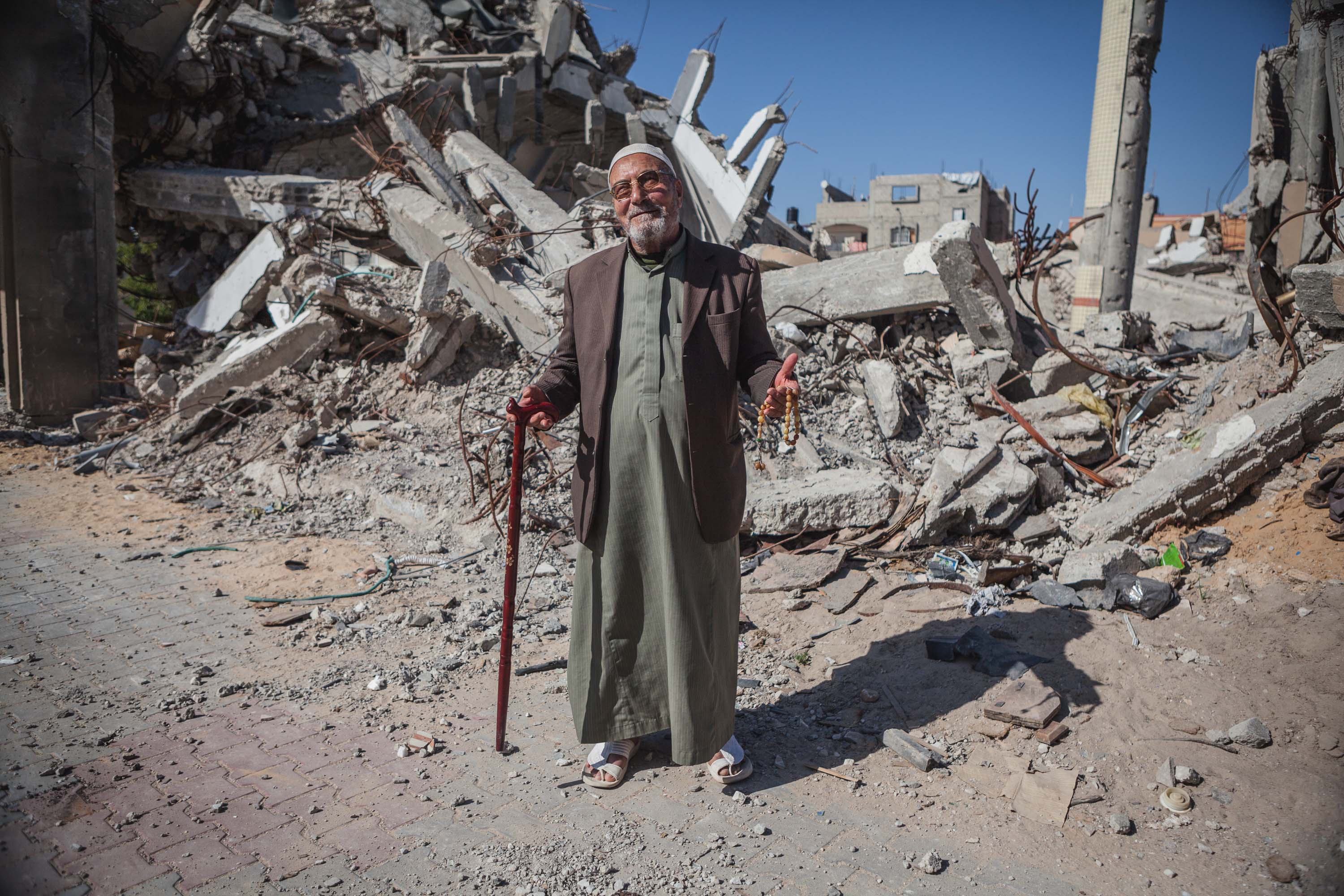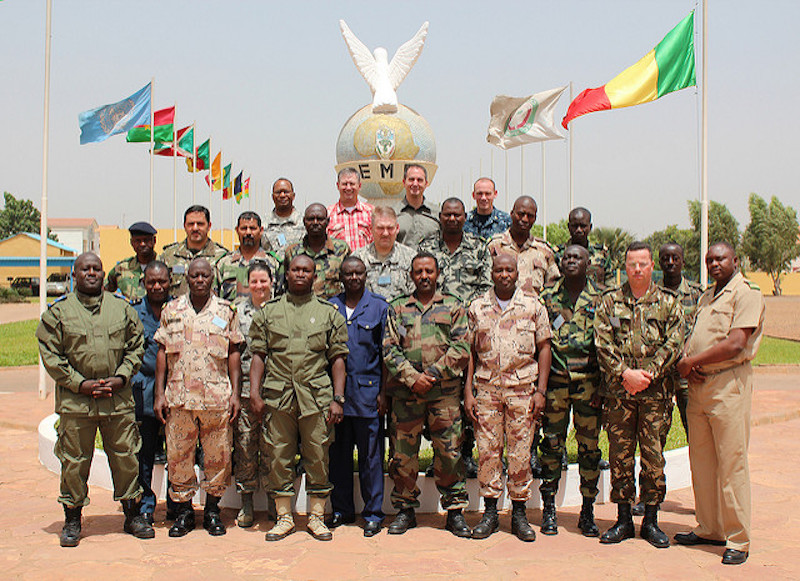The dry heat blows through the shot-out windows producing one of only a few audible sounds, save from the handful of children playing tag amongst the bullet ridden walls and bombed out buildings. It is a village in the eastern part of Khan Yunis, a district of the Gaza Strip located fifteen miles from the Egyptian border which was witness to ferocious fighting during the 51-day summer War between Israel and Hamas last summer. While much needed funds have begun trickling in, rebuilding has occurred at a piecemeal rate, partly due to the failure of some states to meet their financial assistance promises, most notably a $4 billion USD pledge from the Arab and Gulf States at last year’s Cairo Conferences. Another part of the issue is the Israeli blockade on materials such as cement, which Israel fears would be used to reinforce Hamas’ offensive tunnel system, as it has in the past.
 “During the war, we brokered an agreement between the Israelis and Palestinians, that is to say Ramallah, guiding the import of construction material into Gaza. And basically it’s a rather robust monitoring of material from the source in the West Bank or Israel to where it should go in Gaza”, says James W. Rawley, Deputy U.N. Coordinator for the Middle East Peace Process. “We have I think about 120 people on the ground and we feel confident that the material going into Gaza through what is called the Gaza Reconstruction Mechanism, which as I said was approved by both the Israelis and Palestinians, is being used for its intended civilian purposes”.
“During the war, we brokered an agreement between the Israelis and Palestinians, that is to say Ramallah, guiding the import of construction material into Gaza. And basically it’s a rather robust monitoring of material from the source in the West Bank or Israel to where it should go in Gaza”, says James W. Rawley, Deputy U.N. Coordinator for the Middle East Peace Process. “We have I think about 120 people on the ground and we feel confident that the material going into Gaza through what is called the Gaza Reconstruction Mechanism, which as I said was approved by both the Israelis and Palestinians, is being used for its intended civilian purposes”.
According to a statement by Israel’s Office of the Coordinator of Activities in the Territories (COGAT), 128,005 tons of building supplies have entered the Gaza Strip as of this past April, with between 60-70,000 residents of the Gaza Strip having received nearly 120,000 tons of material to repair their damaged homes. However, this amount is far below what is needed to fully repair the Gaza Strip which, experts say, may take years.
In addition, both the problem of reconstruction and the security issue are compounded by the fact that residents who acquire building materials may sell them on the black market to raise capital, which has been restricted by the blockade.
 As Rawley puts it: “I just want to be forthright and say that it may well be the case that some individuals…about 64,000 home owners, are using some of our material- they may be selling some of our material and construction material to others, but we have every reason to believe that that is being used for civilian purposes. And the reason that that is taking place, and this falls under the rubric of black market, is that the poverty is so deep in Gaza that if you had a house that has three walls that need to be repaired, and you have, say, 50 bags of cement to do that, you might say, ‘well, I’ll use 40 bags of cement to repair my house, and I’ll sell 10 to my richer neighbor, because I need money in my pocket so I can buy food. The situation is that difficult’.”
As Rawley puts it: “I just want to be forthright and say that it may well be the case that some individuals…about 64,000 home owners, are using some of our material- they may be selling some of our material and construction material to others, but we have every reason to believe that that is being used for civilian purposes. And the reason that that is taking place, and this falls under the rubric of black market, is that the poverty is so deep in Gaza that if you had a house that has three walls that need to be repaired, and you have, say, 50 bags of cement to do that, you might say, ‘well, I’ll use 40 bags of cement to repair my house, and I’ll sell 10 to my richer neighbor, because I need money in my pocket so I can buy food. The situation is that difficult’.”
“If we are going to have a lifting of the blockade, Hamas is going to have to play ball,” continues Rawley “… And that means stop testing rockets and stop building offensive tunnels that can threaten Israel. So they’ll have to do their part if we can expect the Israelis to significantly lift the blockade. And really, that’s the only way that we’re going to get something that I think everyone wants, which is stability. We want to see an economy in Gaza that’s thriving … [which is] a big first step towards achieving peace and that means a viable and independent Palestinian state, because I must say, as much as we want Gaza to recover and the crossings opened, if we don’t get to that objective, we still will run the risk of everything unravelling once again, as we’ve seen so many times in recent years”.
All photos by Andrea DiCenzo




